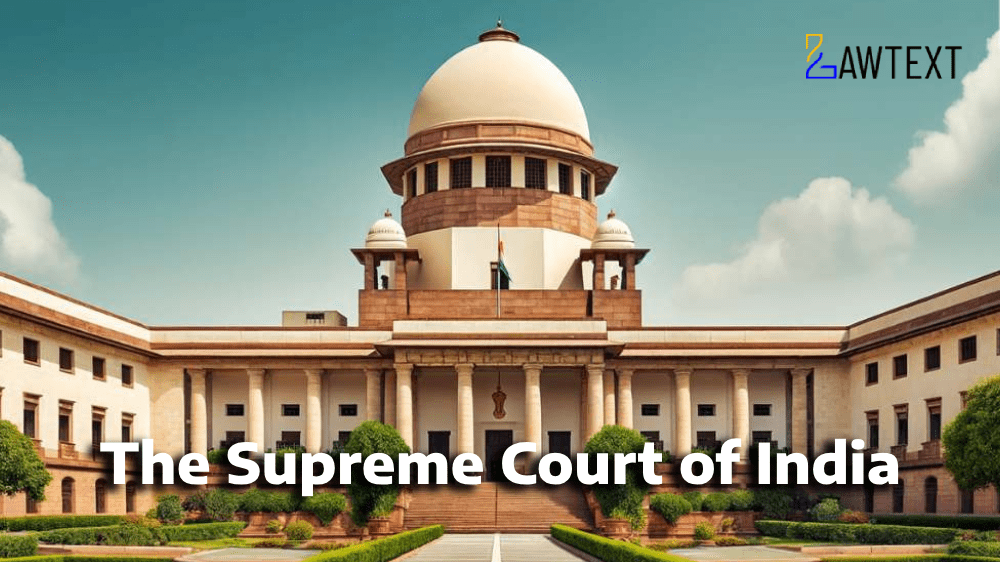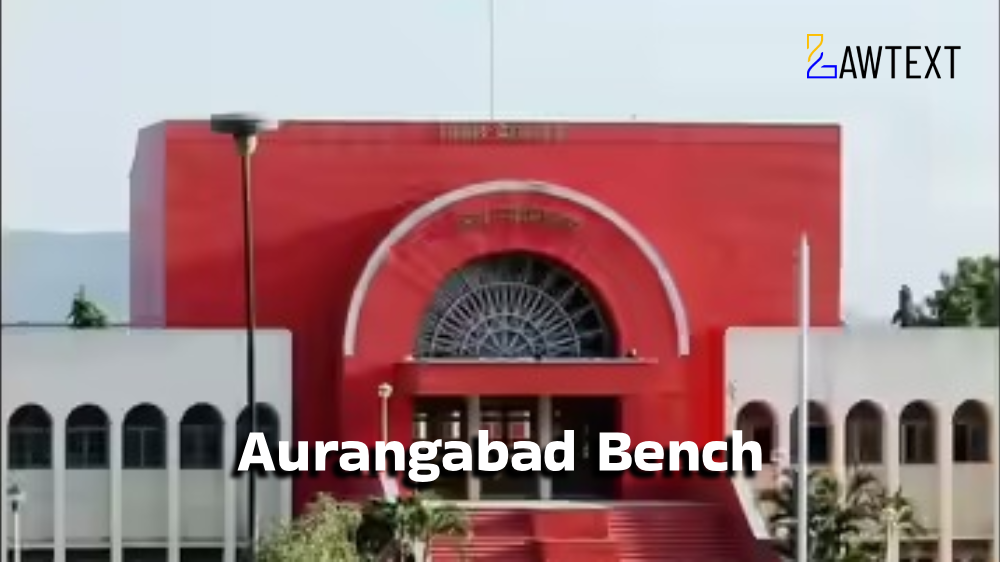Case Note & Summary
The Supreme Court judgment revolves around the suspension of the registration of Dev Hospital, operated by respondent Jashmina Dilip Devda, for alleged violations of the Pre-Conception and Pre-Natal Diagnostic Techniques (PC&PNDT) Act, 1994. The issue at hand was the interpretation of Sections 20(1), (2), and (3) of the Act, specifically whether the suspension was valid without prior notice or a hearing, as required under the statute. The Court found that the suspension orders issued by the District Appropriate Authority (under Section 20) lacked the necessary legal grounds, as they did not meet the conditions of public interest or procedural fairness. The Court emphasized that power under Section 20(3) should be exercised sparingly, only in exceptional cases, and must be justified with clear reasons.
Introduction and Context (Paras 1-2)The case concerns the interpretation of Sections 20(1), (2), and (3) of the PC&PNDT Act for suspending hospital registrations in case of violations, and whether due process was followed in this instance.
Facts of the Case (Paras 3-4)Dev Hospital was inspected following a complaint, and alleged violations of the PC&PNDT Act were discovered. The District Appropriate Authority suspended the hospital’s registration without issuing prior notice, which was later challenged by the hospital owner.
Proceedings before the Gujarat High Court (Paras 5-6)The High Court of Gujarat, via a Single Judge and Division Bench, set aside the suspension orders, criticizing the lack of a prior hearing and holding that the actions taken by the authority could not be justified under Section 20(3) of the Act.
Appellant’s Argument (Paras 7-8)The District Appropriate Authority argued that Section 20(3) allows suspension in the public interest without notice and cited previous judgments to justify their actions.
Respondent’s Argument (Paras 8-9)The respondent countered that Section 20(3) is exceptional and requires clear justification. They pointed to case law highlighting the limited scope of the power to suspend without notice.
Legal Analysis (Paras 10-17)The Court carefully examined Sections 20(1), (2), and (3) of the PC&PNDT Act. It distinguished between general suspension procedures (which require notice and hearing) and the exceptional nature of public-interest suspensions under Section 20(3).
Final Judgment (Paras 18-19)The Court upheld the High Court’s decision, ruling that neither the initial suspension order nor the subsequent public interest suspension was valid. It concluded that the suspension power was not exercised correctly and that procedural fairness was not followed.
Ratio Decidendi:The Court clarified that the power to suspend under Section 20(3) of the PC&PNDT Act is an exceptional provision meant for urgent public interest cases and cannot be used as a routine measure. The District Appropriate Authority must provide clear reasons and form an opinion based on public interest before exercising such power. Additionally, procedural safeguards like notice and hearing must be respected under Sections 20(1) and (2), except in rare cases justified by public interest under Section 20(3).
Acts and Sections Discussed: PC&PNDT Act, 1994 Section 20(1) & (2): Cancellation or suspension of registration after notice and hearing. Section 20(3): Suspension in public interest without prior notice, under exceptional circumstances. Indian Constitution Principles of natural justice and due process were considered in the context of procedural fairness. Subjects:Health Law, Administrative Law, Medical Regulations
PC&PNDT Act, Suspension of Registration, Public Interest, Procedural Fairness, Due Process, Medical Ethics, Hospital Regulation
Issue of Consideration: District Appropriate Authority Under The Pndt Act And Chief District Health Officer Versus Jashmina Dilip Devda & Anr.
Premium Content
The Issue of Consideration is only available to subscribed members.
Subscribe Now to access critical case issues







